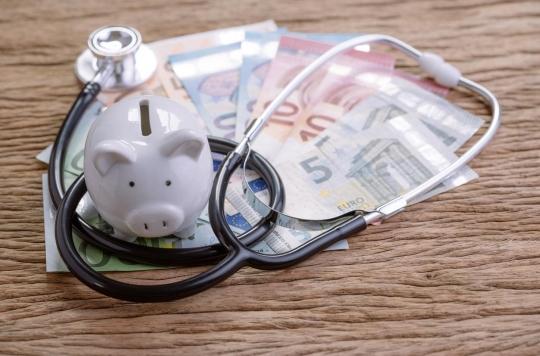Facilitating health innovation and making it accessible to all requires heavy investment. In the program “La Santé en Questions” broadcast on the YouTube channel of Pourquoi Docteur and relating to the prospective work of the LEEM entitled “Health 2030”, the economist Nicolas Bouzou specifies what the needs will be and what are the avenues for finance.

“Innovation is expensive!”, recalls the economist Nicolas Bouzou in a sequence of the program “La Santé en Questions” devoted to the prospective work carried out by LEEM, the pharmaceutical industry union, and which traces outline of everything that will change in health in the next 10 years.
The surgery, the medicine, the data
The economic aspect of this work indeed shows all the possible advances in surgery, medicine – particularly in oncology – and the use of software allowing data to be used to improve efficiency. “The social contract with the French is that everyone can access these therapeutic innovations and to fulfill this contract, money must be found through productivity gains and savings”, underlines Nicolas Bouzou who evokes the track of organization: “We need to improve the care pathway, better share data, there is too little interoperability between the different actors, it is expensive and in the end we have a worse service!”.
The reimbursement trail
As far as savings are concerned, Nicolas Bouzou does not rule out the possibility of a few reimbursements but disputes the effectiveness of the reduction in the price of drugs: “It is a reduction which is good politically but not economically, it is not good for innovation, we sacrifice the future,” he says.
But where the economist sees the best possibilities of developing investment in health – including, he underlines, to “relieve the situation of hospital staff” -, it is in a solution to be found to the problem of public debt: “There is no real reform of the State and the civil service, this will have to be changed to free up room for manoeuvre”.
.















